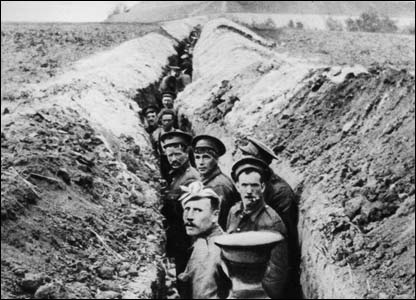Like so many others, I was sad to hear that Bert Wyatt-Brown passed away over the weekend in Baltimore. His wife Anne relayed the news on Sunday.
Bert is best known as an accomplished writer, historian, mentor, and leader of the historical profession.
 |
| Bert on the Maine coast, 2006 |
He was the author over 100 scholarly articles and essays and wrote a variety of acclaimed books. His Southern Honor: Ethics and Behavior in the Old South was a finalist for the Pulitzer Prize. Novelist Walker Percy called the book "A remarkable achievement--a re-creation of the living reality of the antebellum South from thousands of bits and pieces of the dead past." "Unlike so many historians who have been interested in handing down judgments, favorable or unfavorable, on the Old South," wrote Harvard historian David Herbert Donald, "Wyatt-Brown has studied Southerners much as an anthropologist would an aboriginal tribe. An important, original book which challenges so many widely held beliefs about the Old South."
True to form, Bert just completed his last book not long before his passing. I saw him and Anne in September and he was thrilled to have completed the project. We were emailing back and forth last week about the images to accompany the text. Titled A Warring Nation: Honor, Race, and Humiliation at Home and Abroad, it will soon be rolled out by the University of Virginia Press.
Maybe most importantly, Bert taught and mentored numerous students at the University of Florida, Colorado State University, the University of Colorado, the University of Wisconsin, and Case Western Reserve University.
As one of his many grad students, I can attest to his generous, wonderful spirit. With funds from the Milbauer chair he filled at the University of Florida, Bert would help students attend conferences like the Southern Historical Association, the Saint George Tucker Society, the American Historical Association, and others. He provided research money to students as well. Many a dissertation was sped along by his help and keen interest. Bert was a great prose stylist, more than happy to help his charges eliminate passive voice, dangling particles, unidentified antecedents, you name it. He was tireless in his big-picture, content edits to dissertations, conference, papers, and articles. (I can't imagine that my first book would have ever seen the light of day without his heroic reading of so many of my bad drafts.) Even after Bert retired he continued to meet with new graduate students at Johns Hopkins and elsewhere.
Those who studied with him, knew him as a colleague, or friend will deeply miss his sense of humor, his joy for living, dinners and visits with him and Anne, and so much more.
He is survived by his wife Anne, a daughter, a son-in-law, and two grandchildren.
























